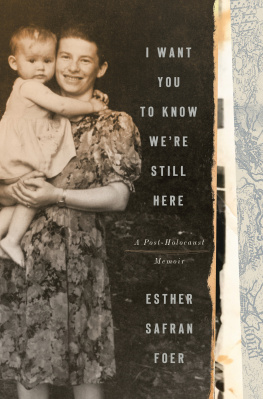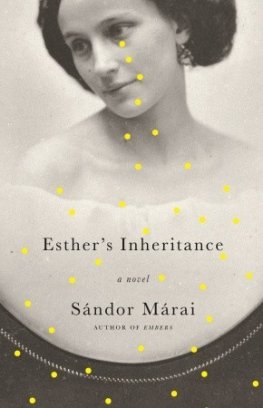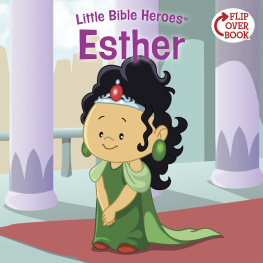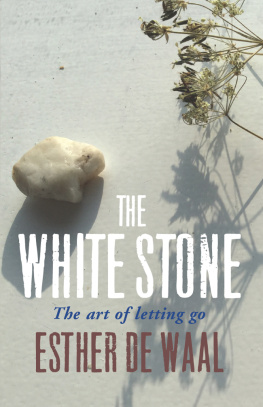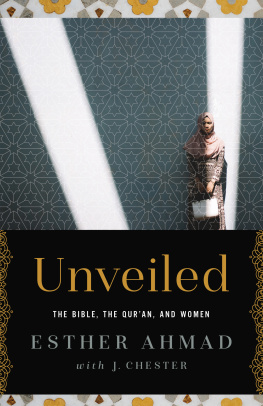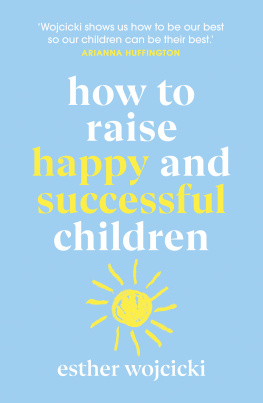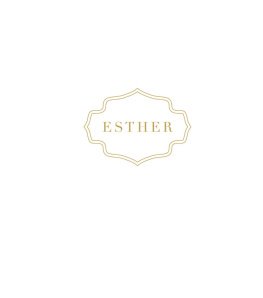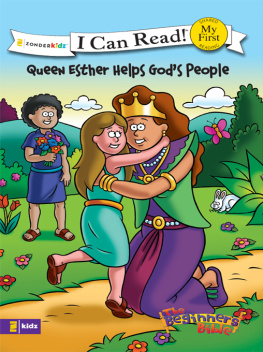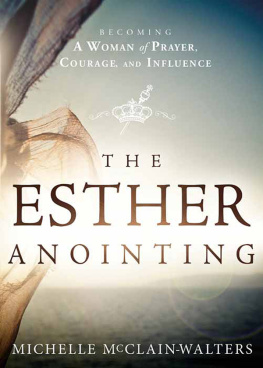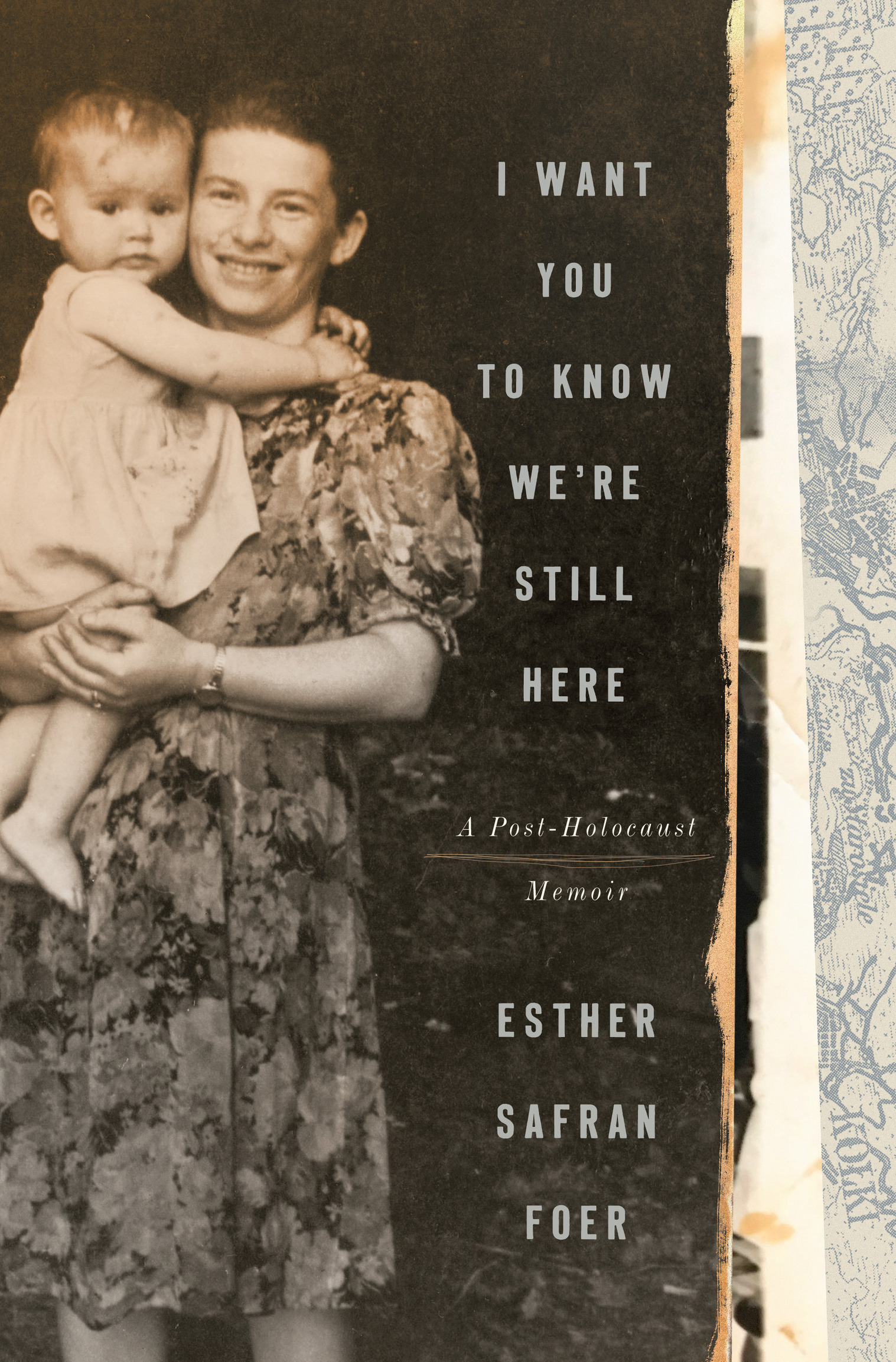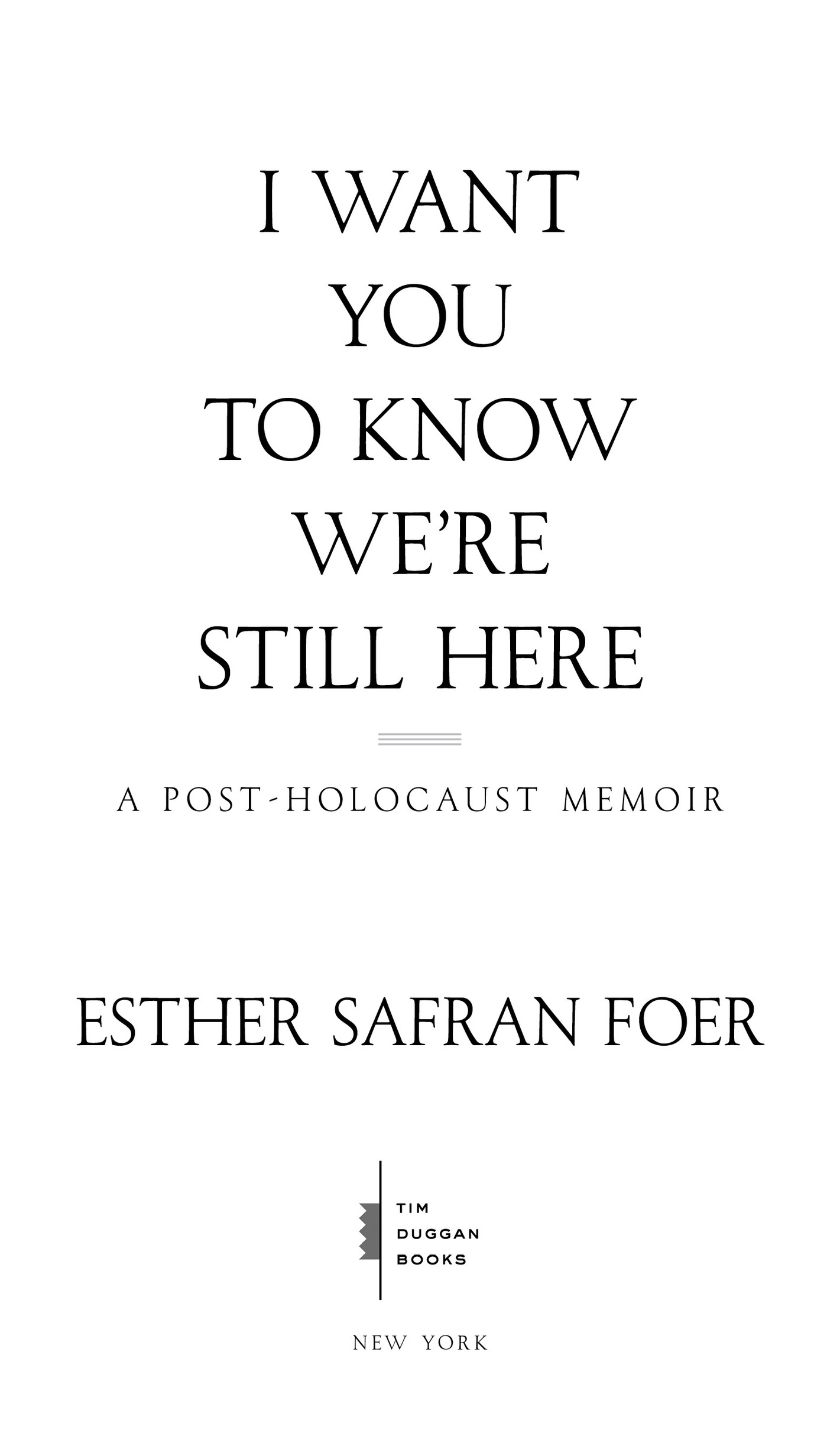All rights reserved.
Published in the United States by Tim Duggan Books, an imprint of Random House, a division of Penguin Random House LLC, New York.
T IM D UGGAN B OOKS and the Crown colophon are trademarks of Penguin Random House LLC.
Names: Foer, Esther Safran, author.
Title: I want you to know were still here / Esther Safran Foer.
Description: First edition. | New York: Tim Duggan Books, 2020.
Identifiers: LCCN 2019025860 (print) | LCCN 2019025861 (ebook) | ISBN 9780525575986 (hardcover) | ISBN 9780525576006 (ebook)
Subjects: LCSH: Foer, Esther SafranFamily. | Children of Holocaust survivorsUnited StatesBiography.
Classification: LCC E184.37.F64 A3 2020 (print) | LCC E184.37.F64 (ebook) | DDC 940.53/18092 [B]dc23
Photograph on by Matt Goldenber. All other photos courtesy of the authors personal collection.
1
My birth certificate says that I was born on September 8, 1946, in Ziegenhain, Germany. Its the wrong date, wrong city, wrong country. It would take me years to understand why my father created this fabrication. Why, each year, my mother came into my room on March 17 and gave me a kiss and whispered, Happy birthday.
Piecing together the fragments of my family story has been a lifelong pursuit. I am the offspring of Holocaust survivors, which, by definition, means there is a tragic and complicated history. My childhood was filled with silences that were punctuated by occasional shocking disclosures. I understood there was a lot that I didnt know, besides the secret of my invented birthday. My parents were reluctant to speak of the past, and I learned to maneuver around difficult subjects.
When I was in my early forties, preparing to give a talk at a local synagogue, I decided that this might be a good opportunity to fill in a few gaps of our family story. I sat down with my mother in the pink kitchen of her 1950s-suburban tract house, on a street where most of the other homes were occupied by families of Holocaust survivors. Sitting at her faux-marble laminate kitchen table, I could see the carefully cut coupons sorted into neat piles by the refrigerator, ready for the next shopping trip. In the cabinet below, there was enough flour and cereal, all of it purchased on sale, to withstand a major catastrophe.
I started with a few questions about my father and his experience during the war. He had been an enigma, a mercurial figure that all conversation danced around, even in my own head. My mother took a sip of the instant coffee that she loved and casually mentioned that my father had been in a ghetto with his wife and daughter. Hed been on a work detail when they were both murdered by the Nazis. Absolutely stunned, I blurted out, He had a wife and daughter? Why havent you ever told me this before? How can you be telling me now for the first time?
I had grown up surrounded by ghostshaunted by relatives who were rarely talked about and by the stories that no one would share. Now there was a new ghost that I hadnt even known aboutmy own sister. I pressed my mother for more, but she made it clear that the conversation was over. Genug shoyn. Enough already. Im not sure how much she even knew about his familyI suspected that she and my father didnt speak much of the past, even to each other. Life was all about moving forward.
I walked out of my mothers house in a daze.
I didnt know it then, but this was the beginning of a search that would define the next phase of my life.
Determined to learn more, I scoured online Holocaust databases to see if I could find a birth or death record for my sister, to no avail. I hired researchers in Ukraine. I even hired an FBI agent to analyze photographs. My searches came up empty. I talked to everyone I could think of to see what they knew, and I got the same response: There were so many people killed, so many babies, how can we remember all of the names?
I didnt want all of the names. I wanted the name of my sister.
Of the person closest to me killed in the Holocaust, my half sibling, I had not one detail, not a name, not a picturenot one piece of a memory. Here was a child, one among at least six million Jews, one of almost 1.5 million children who were murdered during the Holocaust, and there was no way to remember that this child had even lived.
How do you remember someone who has left no trace?
The search took me to places that allowed me to more deeply understand the Holocaust and how it continued to reverberate long past the liberation and into future generations. It was ultimately a search that took me to places inside myself that scared me.
It has been said that Jews are an ahistorical people, concerned more with memory than history. A curious fact: There is no word in the Hebrew language that precisely connotes history. Zikaron and zakhor, used in its stead, translate to memory. The word for history in modern Hebrew is lifted from the English word, which was originally lifted from the Greek historia. History is public. Memory is personal. It is about stories and select experiences. History is the end of something. Memory is the beginning of something.
Jews have six senses. Touch, taste, sight, smell, hearingmemory. This is the way my son Jonathan summed it up in his 2002 novel, Everything Is Illuminated. The Jew is pricked by a pin and remembers other pins.When a Jew encounters a pin, he asks: What does it remember like?
Parsing this intersection of history and memory may seem an abstraction, a mere matter of linguistics, but for me it is quite real. I have spent much of my life trying to excavate the memories that elude me.
On the mantel in my living room is a curated still life of glass jars. A casual visitor to my home might think I have created a shrine to dirt and debris, and they wouldnt be entirely wrong. Inside each carefully labeled jar is a sliver of memory: a piece of earth from my mothers shtetl in Kolki, Ukraine; sandstone from the massive Uluru rock in Central Australia; remnants of the Berlin Wall; rubble from the Warsaw Ghetto. Once, on a trip to Sardis, Turkey, I noticed that a piece of the marble mosaic floor of an ancient synagogue had come loose, and I discreetly slipped a fragment of tile into my bag when my husband had turned the other way. Despite his frequent admonitions to please not abscond, let alone cross international borders, with my purloined ruins, my husband, Bert, knows that getting me to abide is hopeless. Im an aggressive collector, a woman with a mission, who walks around stuffing pieces of personal history into Ziploc bags.
Memory is everywhere in my house. The twenty-one jars in my living room are part of a larger collection that spills into my kitchen, where along the window ledge are nearly forty more.

